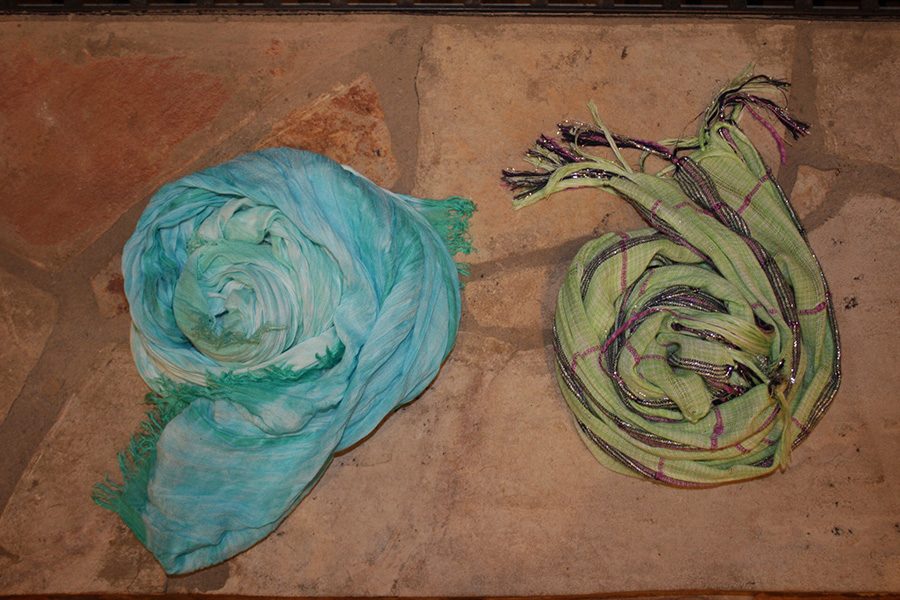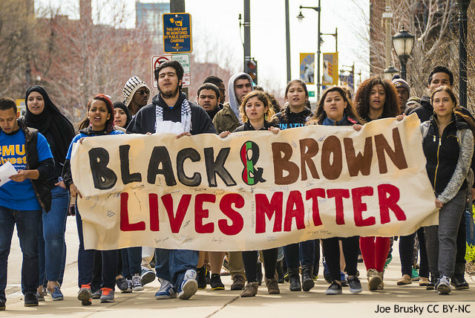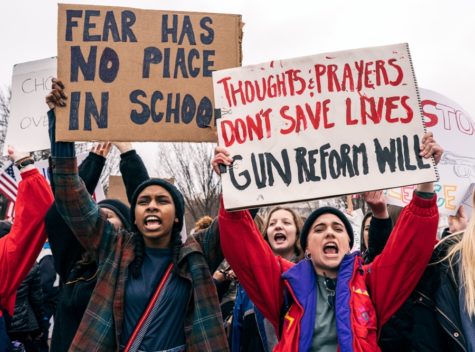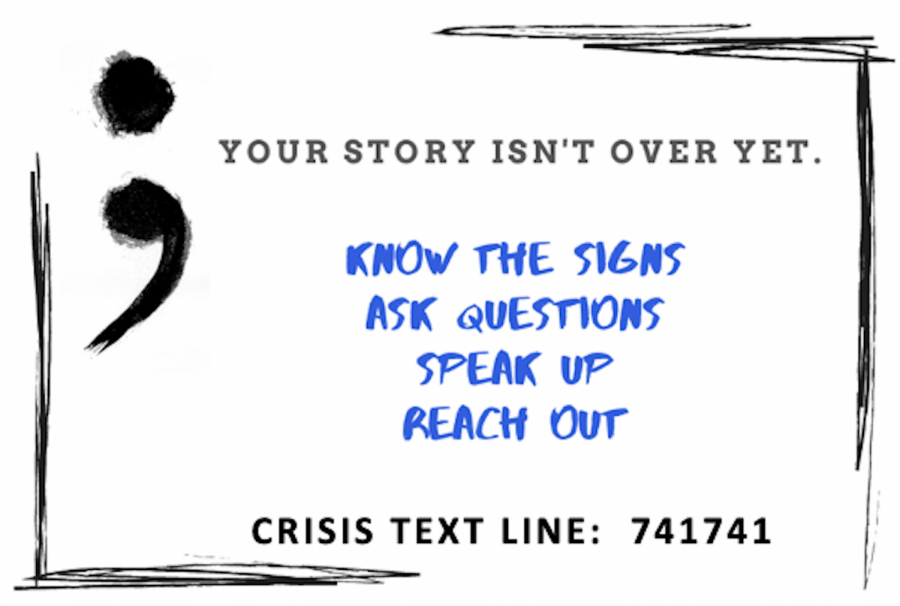Catholic customs still overpower fights for equality in Argentina
These two scarves represent both sides of this national dispute. The people that wore the green colored scarf pushed for safe, legal and free abortion, while the people that wore the blue scarf wanted unsafe, clandestine and deadly abortions to continue.
August 21, 2018
Despite Latin America’s extremely conservative and destructive abortion laws, there has recently been a significant amount of growing support on the “pro-choice” spectrum, specifically in Argentina.
I can only imagine how difficult it must be for young women to have to not only speak out, but also fight for the complete legalization of safe abortion.
— Staff Writer Victoria Sponar
Feminists, women and men of all ages, have begun to use their voices now more than ever to demand for real, progressive change to happen in this predominantly Catholic country. The reason for that was the upcoming Senate vote that would determine the legality of abortion on Aug. 8.
As someone who grew up in Argentina and visited regularly up until only a few years ago, I noticed how restrictive and imposing the atmosphere can be if someone decides to be outspoken over a controversial subject. Abortion, without a doubt, is definitely a disputable topic that many Argentines I know remain opposed to. I can only imagine how difficult it must be for young women to have to not only speak out, but also fight for the complete legalization of safe abortion.
Chandler Blurton, a writer for The Bubble, personally went to the Plaza del Congreso in Buenos Aires, Argentina, and interviewed a few green scarf-wearing students, which meant that they were on the side that protested for safe, legal and free abortions, to see their take on the subject days before the official Senate vote. “It won’t pass tonight,” one of the students said. “But still, it matters that I’m here, it matters that you’re here, that Congress and the world can see how hard we will fight to make this law.”
Argentina’s current law for abortions completely bans the action unless it is a case involving rape, a deadly fetal irregularity, or a health risk to the mother. However, women’s health experts and feminists alike say it is still difficult to complete a legal abortion due to judicial authorization and unwilling doctors all across the country.
Despite the fact that abortion in Argentina is not completely illegal, due to these and a number of other complications, an estimated number of 350,000 to 522,000 clandestine abortions continue to happen every year. On top of that, these illicit abortions make up the number one cause of maternal deaths.
A solemn silence hung in the air as the thousands of young women who had relentlessly and passionately fought for safe abortions felt, once again, restricted.
— Staff Writer Victoria Sponar
The Senate voted against legalizing safe abortion 38 to 31. A solemn silence hung in the air as the thousands of young women who had relentlessly and passionately fought for safe abortions felt, once again, restricted.
Anyone that claims themselves as a feminist or as a believer in human rights for all should see that change involving these laws must occur. Roman Catholics, who wear light blue and white scarfs to signify that they want the atrocities that clandestine abortions cause to continue, make up 80% of the country, which can make such a progress seem far away.
One of their slogans is “save both lives.” However, a slogan like this has no right being used by the ones pushing for unsafe and deadly acts on women.
Abortions in this country and all throughout Latin America will only continue to occur with tremendous numbers and murder not only the fetus, but the mothers as well. Between 2015 and 2016, alone, nearly 100 women have died from clandestine abortions.
It is incredulous to me that humanity has reached the year 2018 and has progressed from so many things, yet women are still having to fight for the ability to control their own bodies.
The idea of true societal advancement for women in Argentina continues to be pendant, for the government still refuses to understand that women should have the right to choose what they want to do with their own body. This is the very core of the pro-choice movement and has been repeated and reworded in nearly every way possible, yet a positive and progressive outcome is yet to happen.

















